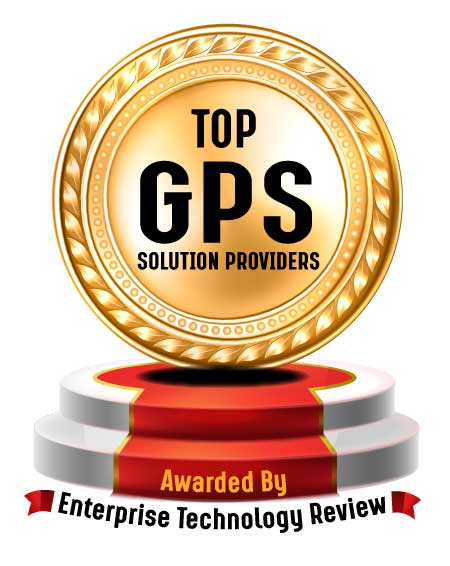In the last decade alone, one of the most advanced technologies to become commonplace within the general populace, was the humble GPS. Today, people cannot imagine living their life without mobile phones sporting the latest maps and GPS technology.
Countries around the world have recognized the advantages of using GPS; the U.S. NAVSTAR system has competitors like China’s BeiDou Satellite Navigation System (BDS), Russia’s GLObal Navigation Satellite System (GLONASS), Europe’s Galileo system, and India’s Indian Regional Navigation Satellite System (IRNSS). The US has since established bilateral ties with the above-mentioned countries to promote civilian use of GPS and to have interoperability between all GPS navigation systems.
The commencement of GPS technology to the general public sees both conventional and unconventional uses, such as smart farming, food deliveries, commercial flight tracking, and military missile guidance. Companies are still finding more ways to utilize GPS and sell their tracking solutions for tagging endangered animals, tracking sharks near beaches, tracking children and pets, online shopping and car rentals.
Today, smartphones, dedicated portable units, court-ordered ankle bracelets, key fob finders, digital door locks, and other location-specific gadgets operate using commercial GPS technology and GPS is popular than any other wireless technology.
In this issue of Enterprise Technology Review, we go over our Top 10 GPS solution providers that utilize state of the art GPS navigation systems to bring revolutionary operational intelligence to enterprises.

















